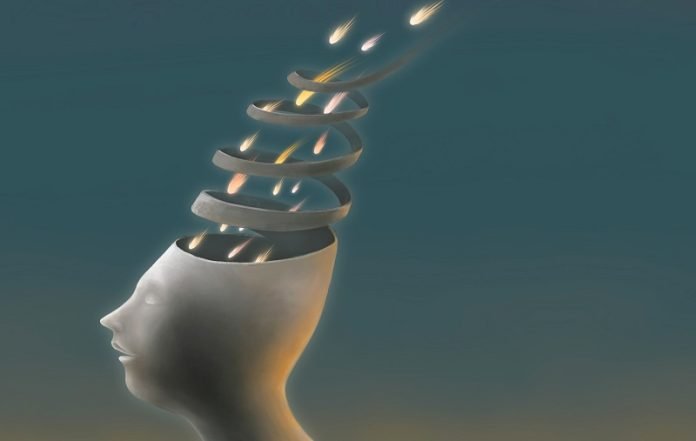
A major clinical trial has delivered promising news for people suffering from severe depression.
The study, published in Nature Medicine, reveals that MRI-guided Transcranial Magnetic Stimulation (TMS) can significantly ease symptoms of depression for at least six months.
This marks a considerable improvement over previous treatments, which showed benefits lasting only between one and three months.
The BRIGhTMIND randomized controlled trial, led by experts at the University of Nottingham and hosted by Nottinghamshire Healthcare NHS Foundation Trust, involved five centers across England.
This trial represents a significant step in treating major depression, the leading cause of disability worldwide according to the World Health Organization (WHO).
TMS has been employed since the 1980s to treat severe depression. In this outpatient treatment, powerful magnetic pulses are delivered to the left side of the head, near the temporal area of the scalp.
The person receiving treatment is conscious during the 20 sessions, spread over four to six weeks. The innovation of this trial lies in the precision targeting of the brain area where stimulation is most effective, using neuronavigation guided by functional MRI (fMRI).
This approach is particularly crucial for those with treatment-resistant depression (TRD), which affects about one-third of individuals with depression who do not respond to traditional treatments, such as antidepressants.
The trial aimed to extend the effects of TMS to at least six months, potentially reducing the frequency of treatments required each year for patients with TRD.
Neuronavigation, a key feature of this trial, involves a computerized tracking system that uses light to deliver TMS precisely. This technique ensures consistent targeting of the same brain area in all treatment sessions.
According to Professor Richard Morriss, this method reduces variability in stimulation and has minimal side-effects, allowing patients to resume daily activities immediately after treatment.
The trial had 255 participants, all of whom completed 20 TMS sessions. The substantial improvements observed were not limited to depression symptoms.
Participants also reported enhanced concentration, memory, and anxiety relief, leading to an overall better quality of life.
Remarkably, over two-thirds of participants responded to the treatment, with a third showing a 50% improvement in their symptoms and a fifth achieving sustained remission.
These findings have already influenced three NHS Mental Health Trusts, including Nottinghamshire Healthcare NHS Foundation Trust, to offer new TMS services for treatment-resistant depression routinely.
This development signifies a shift in how severe depression is treated and offers hope to those who have struggled with traditional treatment methods.
The success of the BRIGhTMIND trial is not just a medical victory but also a testament to the collaborative efforts of researchers, clinicians, and patients.
As transcranial magnetic stimulation becomes more accessible and recognized as a standard treatment option for challenging cases of depression, it holds the promise of transforming lives and offering a new horizon of hope for millions affected by this debilitating condition.
If you care about depression, please read studies about how dairy foods may influence depression risk, and B vitamins could help prevent depression and anxiety.
For more information about mental health, please see recent studies that ultra-processed foods may make you feel depressed, and extra-virgin olive oil could reduce depression symptoms.
The research findings can be found in Nature Medicine.
Copyright © 2024 Knowridge Science Report. All rights reserved.



